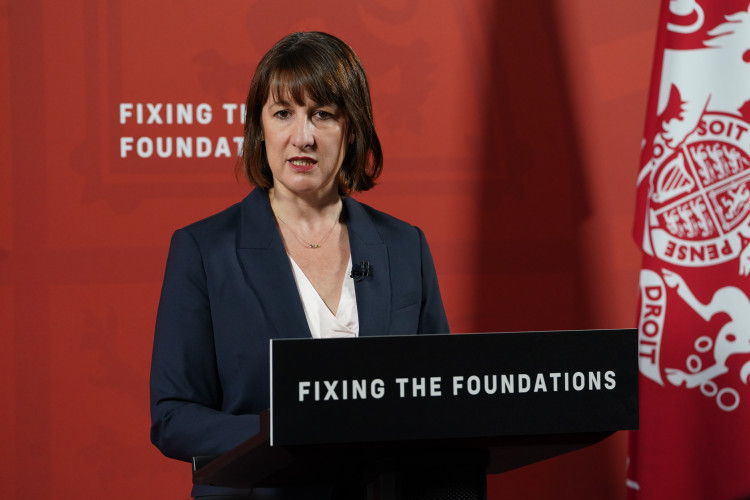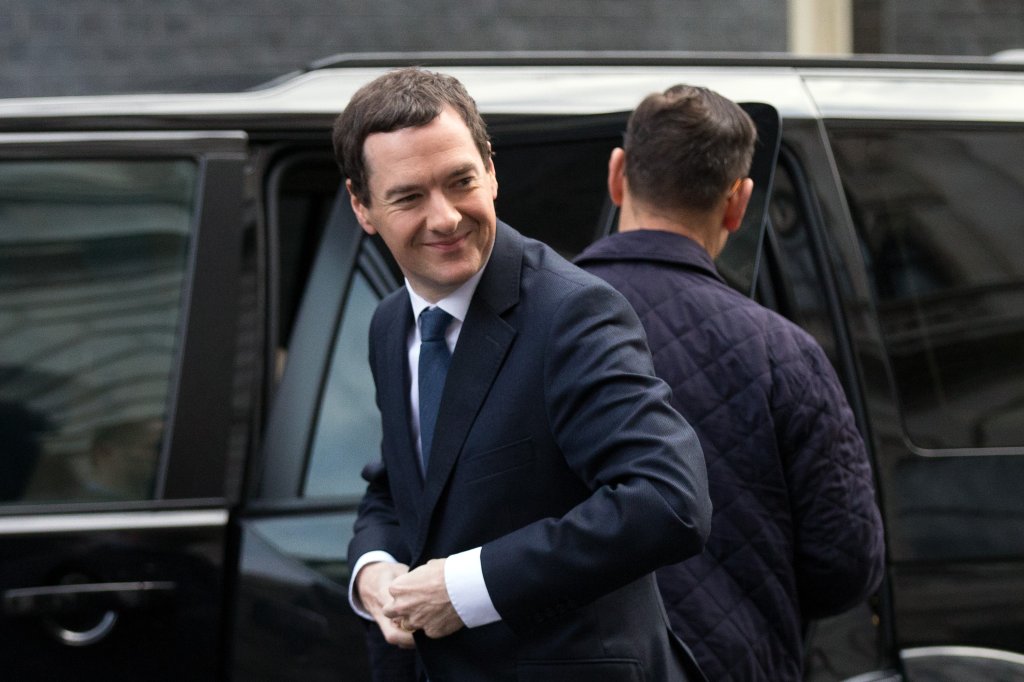When the battered UK economy visited Dr. Reeves’s House of Commons surgery yesterday, the diagnosis was delivered brusquely with a distinct lack of bedside manner.
The public finances were in an even worse state than had been expected, with the blame put firmly on a lifestyle which was over-reliant on the Conservative Party over the past 14 years. There was a black hole of £22bn.
Having deliberately provoked a political row, the Chancellor moved swiftly on to announcing the remedies – with a dose of nasty medicine in the form of spending cuts and looming tax rises.
Infrastructure businesses were hit with cuts to road and rail projects which cast a shadow over the new Government’s primary mission: to kickstart economic growth. A pause on plans to build 40 new hospitals is already sparking anxiety among healthcare professionals and Labour backbenchers alike.
A planned ‘Tell Sid’ sell-off of NatWest shares by the Government to the public has been cancelled and branded ‘a bad use of taxpayers’ money’. Most winter fuel payments for the elderly have been scrapped. Government departments have been warned that further cuts to their budgets will be necessary.
Timelines for tax rises have also been hastily revealed. The windfall tax on big oil and gas companies will rise in November, with a new headline rate of 78 per cent. Non-Doms and private equity bosses face action to close ‘loopholes’ and end tax breaks from early next year. VAT on private school fees will be introduced from January 2025 rather than autumn 2025 as had been expected.
Reeves left little doubt that her first Budget – officially set for 30 October – would contain painful rises. Capital Gains Tax and Inheritance Tax have been mooted as possibilities in the media.
No pain, no gain
“If we cannot afford it, we cannot do it,” she intoned, coining a slogan that reversed the spending nostrums of John Maynard Keynes and seemed instead to owe a debt to George Osborne and his roof-fixing mantra from 14 years ago.
You almost expected her to add more harsh motivational tropes such as ‘if it ain’t hurting, it ain’t working’ or ‘no pain, no gain.’
Why is Reeves rushing to administer a dose of nasty medicine now? Why not wait a couple of months to force the Tories to accept the blame while their drawn-out leadership contest rolls on? Why not ‘roll the pitch’ so that cuts announcements – when they eventually come – are more priced in?
The answer is clearly a political one: Ms Reeves is taking a leaf out of Osborne’s 2010 book by setting the narrative early - blaming everything on the previous government and ‘front-loading’ the pain while Labour’s honeymoon period holds.
The war for Reeves's ear
Another clue to her thinking is the decision to speed up the spending review process – something Hanover understands to be a victory for her political team, who were keen to get on the front foot, against a more cautious approach advocated by some Treasury officials.
Businesses will now find they need to be across the demands of the spending review straight away rather than waiting for another year, which was the alternative option.
Other challenges include the Government’s much-trumpeted investment summit still not having a date, and no name yet for an inward investment minister. Both these hold businesses back – and appear to be a victim of micromanagement at No10 over appointments and the all-powerful ‘Grid’.
Overall, the Chancellor’s shock treatment approach is a risky one – but she insisted on Radio 4’s Today this morning: “Government is about making difficult decisions and I will make those difficult decisions to preserve our economic stability.”
She is betting on swift and early shock treatment to get the patient back on their feet.








